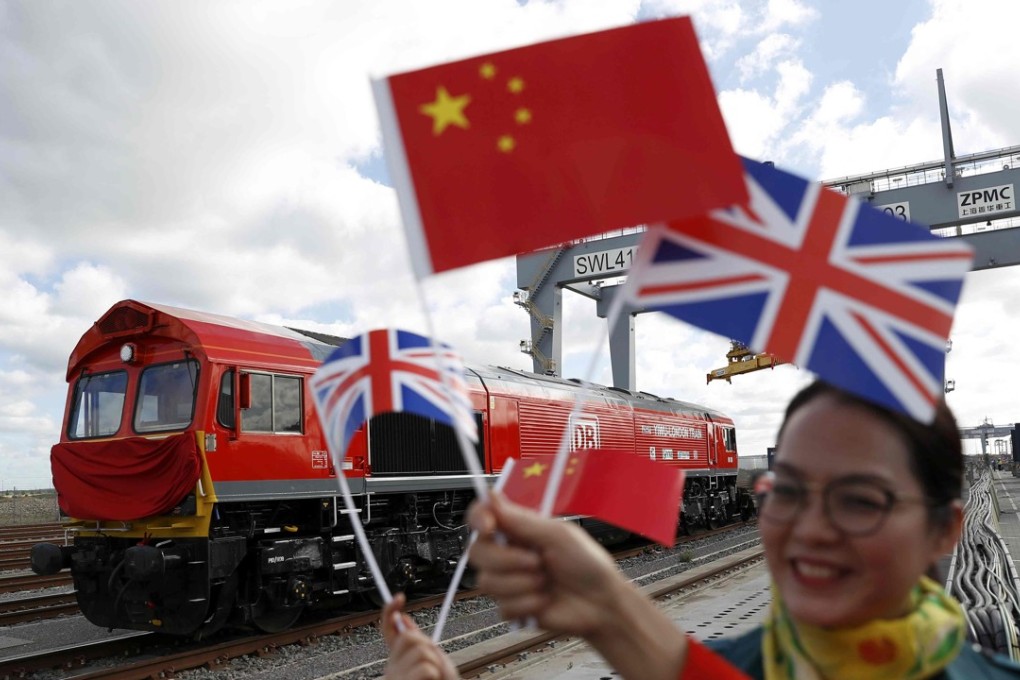Opinion | China’s importance to Britain will rise in a post-Brexit world
British PM Theresa May should seek to rebuild the vision of a ‘Golden Age’ of economic and cultural relations between the two nations, says Oxford University professor Chris Rowley

Britain’s interest in China seemed to have waned somewhat prior to last week’s general election.
This was in contrast to the public passion of former prime minister David Cameron and then-chancellor George Osborne for encouraging greater Chinese investment, cooperation and trade with a raft of high-profile statements and projects aimed at fostering closer China-UK ties in a so-called “Golden Age”.
This was conceived as a grand deal, whereby Britain offered investors and companies from China access to investment and infrastructure markets in return for privileged treatment, including the City receiving a large share of the expanding international market for renminbi finance – a high-profile signal that it was China’s key non-Asian financial partner while allowing UK-based investors direct access to trade in some Chinese stocks.
Yet when Theresa May first took over as prime minister she was seen to have a more stand-off approach, delaying a key nuclear power project, reportedly due to concerns about Chinese involvement.
However, since late last year, there have been several attempts to rebuild the earlier vision, as May flew to the G20 Summit in Hangzhou, and Chancellor Philip Hammond met Chinese officials to try to secure infrastructure and property investment in Britain’s so-called Northern Powerhouse.
